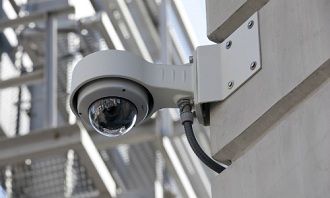The global market for physical security products is forecast to increase at a compound annual growth rate (CAGR) of 7.2% over the next five years, according to a new report by Memoori. The total value of world production of physical security products at factory gate prices in 2018 was approximately $31.6 billion, and the market is forecast to reach $44.3 billion in 2023, the report forecasts. Memoori estimates that China accounts for approximately 31% of the world’s physical security business. It is now the biggest single country market for physical security products having increased its share by almost 50% in the last seven years.
Video surveillance equipment has been the largest contributor to China’s production, with the market growing rapidly through a boom in new construction and safe city projects in the public sector.
However, very little of this vast expanding market has been of benefit to western manufacturers as they have failed to establish a solid business base and significant market share in China, according to Memoori. Two Chinese manufacturers, Hikvision and Dahua, now have combined sales of $5 billion and the kind of scale that allows them to reduce prices to levels most western manufacturers can’t compete against.
There are now 14 companies with physical security products revenue over $1 billion (Memoori terms as Group A companies), which account for approximately $18 billion in 2018. Hikvision, Dahua and Axis Communications have given new impetus to this group, and the merger between Thales and Gemalto has produced a new mega identity management / biometrics company. The net effect is that Group A companies have significantly increased their contribution, with the average sales revenue exceeding $1.2 billion, giving them 57% share of the physical security product market.
Access Control remains a much smaller business than video surveillance and less competitive, but consolidation is creating a more competitive environment. With it comes the confidence to move forward and take up the challenge of embracing new technologies that will deliver better performing products, according to Memoori.
However, if manufacturers prefer to continue to be insular and proprietary, it will not be good news for continued growth, for traditional proprietary systems mean limited options for the customer and restricted possibilities for integration and scalability, the report states.








